Photographs: Rediff Archives TE Narasimhan in Chennai
Carlos Ghosn, the chief executive of Renault-Nissan, has assigned Gerard Detourbet, a low-cost car specialist, with the task of building an entry-level model to take on Maruti Suzuki and Hyundai in India.
Detourbet, who started his career with Renault in 1971, has been associated with the company's entry-level vehicle programmes, with the Logan sedan being the most notable.
While several attempts to reach Detourbet failed and the company declined to respond to a detail questionnaire on Detourbet's role, a report from Paris quoted Detourbet as saying that 'India is the only country where you begin to see modern cars at this kind of price and once you've done battle with the world's best cheap car manufacturers, you can go into another country where there isn't a Maruti Suzuki and be relatively comfortable.'
. . .
Will Renault's small car bet pay off?
Photographs: Courtesy, Business Standard
The product Detourbet and his team hope to develop will fit into the segment which commands 45-50 per cent of India's car market.
It will rival Maruti Suzuki's Alto, Hyundai's Eon and General Motors' Chevrolet Spark.
It won't be easy, but if the new initiative succeeds, it could be a game changer for the company.
The made-in-India car will help it gain a sizeable foothold not just in the country, but also elsewhere in Asia, Europe, the US and other markets, say experts.
To make inroads into the Indian market is becoming a priority for foreign manufacturers. This means scaling down their products for the 'frugal-minded' first-time Indian consumers, who will continue to veer towards small cars for the next two-three decades, according to Abdul Majeed, leader (automotive practice), PricewaterhouseCoopers.
. . .
Will Renault's small car bet pay off?
Image: Renault Pulse interior.Photographs: Rediff Archives
Renault is no stranger to India.
It had entered the country in partnership with Mahindra & Mahindra in 2005.
In 2007, the joint venture launched the Logan.
| DECEMBER NUMBERS FOR INDIA | |
| Models | Vehicles sold |
| Duster | 4,485 |
| Scala | 820 |
| Pulse | 515 |
| Fluence | 68 |
| Koleos | 36 |
| Total | 5,924 |
The car failed to make a mark in India and its sales started to slide after an initial show of promise.
Renault realised that while the Logan gave good on-road performance, its styling was weak. Logan was criticised for its boxy looks and awkward ergonomics.
Although built as a right-hand drive for the Indian market, the Logan's ergonomics were configured for a left-hand drive.
What perhaps also sullied the car's image was its purchase in large numbers by radio cab operators.
. . .
Will Renault's small car bet pay off?
Photographs: Kind courtesy, Renault
How did the Logan's lackluster performance in India impact Renault's brand equity?
Renault did a poll with the owners of the Logan, which showed they were not an unhappy lot, though there were minor irritants and niggles.
However, that's a story Renault decided to put behind.
When it parted ways with Mahindra & Mahindra in 2010, the Logan was not a part of its product plan for India.
The alliance with Mahindra & Mahindra didn't help Renault's brand recall.
Research conducted by Renault showed a large number of people were not aware of its French roots; some even thought it was Swedish or German!
The recognition of its diamond logo was also not very satisfactory, though people recognised it when shown with the Renault name.
. . .
Will Renault's small car bet pay off?
Photographs: Reuters
In March 2010, Renault, along with its global partner Nissan, started a production facility at Oragadum near Chennai.
The Oragadum facility is the only plant in the world that is based on the principles of frugal engineering.
Established with an initial investment of around Rs 4,500 crore (Rs 45 billion), the plant has the capacity to produce 400,000 vehicles annually.
Each partner is entitled to half the production capacity.
For Renault, India is now the 10th biggest market and has reiterated it that, along with Brazil and Russia, it would be one of the growth engines of the future.
. . .
Will Renault's small car bet pay off?
Photographs: Reuters
But the company would find it hard to apply the same growth principles to all the three regions.
"I think the only thing BRIC has in common is the growth rate.
"They are completely different worlds," says Ghosn, who was born in Brazil and has a fair understanding of the dynamics of emerging markets.
He had earlier said that a low-cost car (like the Logan) might be low-cost for Russia, but not for India. Ghosn's familiarity with the emerging markets might come in handy as the company plans to grow its market share from around 2.5 per cent at present to five per cent by 2016 in India.
. . .
Will Renault's small car bet pay off?
On fifth gear
It has done quite a few launches in last 16 months: the Fluence sedan, Koleos SUV, Pulse compact, Scala sedan and Duster SUV.
The car maker has followed a top-down approach to brand development -- expensive cars will help it gain mind space, which will help it get into the mass category subsequently.
Marc Nassif, managing director, Renault India, claims no brand has delivered five cars in a period of 16-17 months.
That may be true, but it was only the Duster that fetched it large volumes.
In April to December 2012, Renault sold around 32,600 vehicles, about three-fourths of which were SUVs (largely the Duster).
. . .
Will Renault's small car bet pay off?
Image: The logo of French car manufacturer Renault is seen on the bonnet of a vehicle covered with snow and ice in Bucharest.Photographs: Radu Sigheti/Reuters
To really grow in India, Renault needs a small car.
The Pulse, some reviewers commented, was an exact copy of the Nissan Micra.
This is where Detourbet fits in.
Sources say that Renault has already kick-started the programme in Chennai and a purchase team has been put in place which will support the programme for not just one low-cost cars but several cars -- a whole segment or category.
It is worth noting that in 2008, Renault and Bajaj Auto had signed an agreement to develop and sell as small car. Indeed, Bajaj Auto showed a prototype of the car in the 2010 Delhi Auto Expo.
But that is unlikely to be Renault's launch pad into small cars?
At the same time, the company has been expanding its network to boost sales. India is all about getting the sales network right, Nassif had said earlier.
. . .
Will Renault's small car bet pay off?
Image: A worker cleans a Renault car at the European Motor Show in Brussels.Photographs: Francois Lenoir/Reuters
The company has added 100 outlets in 16 months.
"Most car makers take five years to get here," he had said. India will also play a role in overseas markets because of its low production costs.
For instance, in November, Renault made its foray into right-hand drive markets globally by flagging off first consignment of the Duster for UK and Ireland markets from the Oragadam facility.
Nassif said Chennai will be the hub for the right-hand drive markets.
. . .
Will Renault's small car bet pay off?
Image: A Renault Fluence Z.E. electric car is displayed on media day at the Paris Mondial de l'Automobile September 30, 2010.Photographs: Jacky Naegelen/Reuters
Uniquely Indian
However, India offers its own peculiar challenges to Detourbet.
Understanding the market and depth of engineering, which Asian car manufacturers have developed over the years, might call for a lot of research.
For instance, Toyota does a survey (back in Japan) among the school students to understand what kind of cars they would use after 7 or 10 years.
The insight is then used to build cars of the future that would suit the demand of these children who would by then be grownups.
. . .
Will Renault's small car bet pay off?
Photographs: Reuters
Some of the modifications by Toyota based on these surveys include the introduction of controls (like horn, music system) on the steering as in video games.
"The original design has to come from local people, which car makers in Asia have been following for few decades now.
"Their western counterparts need to grab this quickly," says Majeed.
Cost could be another challenge in the absence of localisation so will be creating a network of dependable dealers and service centres. Majeed says a local partner is not required to make a mark in the Indian market, provided the car maker is wise to customers, indigenous and maintains consistency on introducing good products.
. . .
Will Renault's small car bet pay off?
He says a European or US manufacturer offers superior technology; if cost is not a criterion, they are extremely good.
However, he admits for small cars, the challenges are different and the key is to squeeze the cost parameter.
The key ingredient for a leader is to ensure what you think, what you say and what you do are not different, Ghosn had said recently.

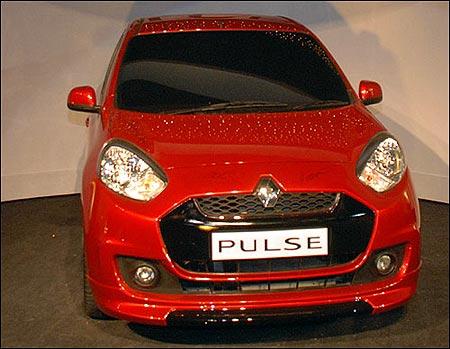
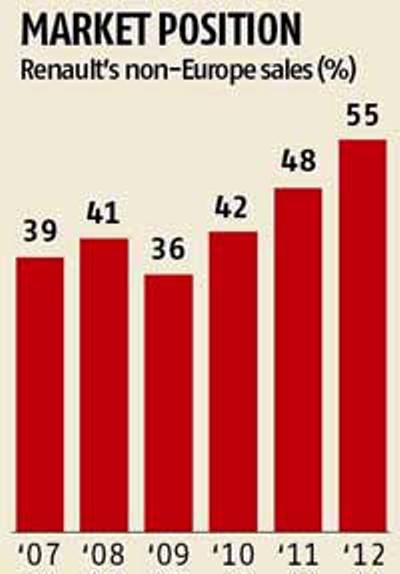
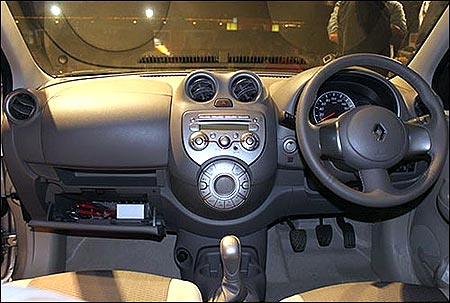

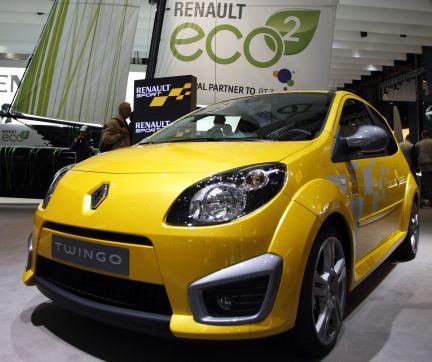
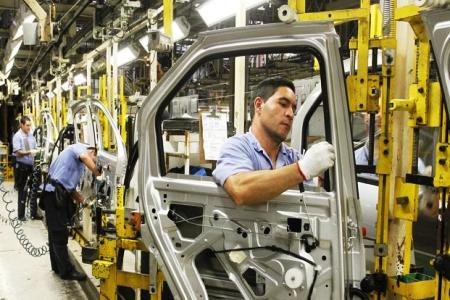
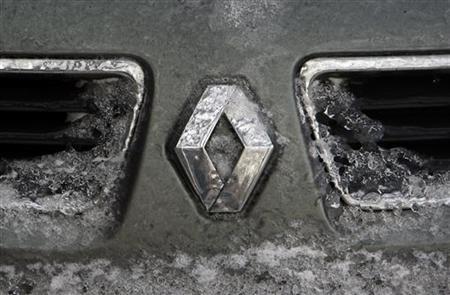
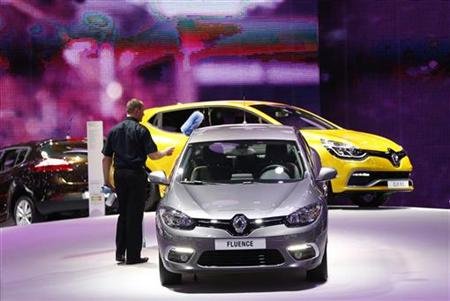
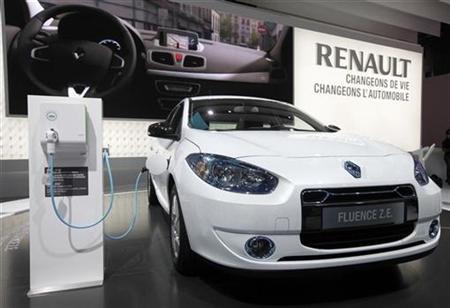
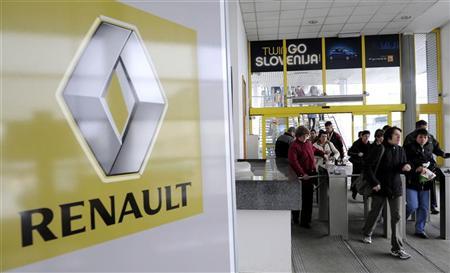


article